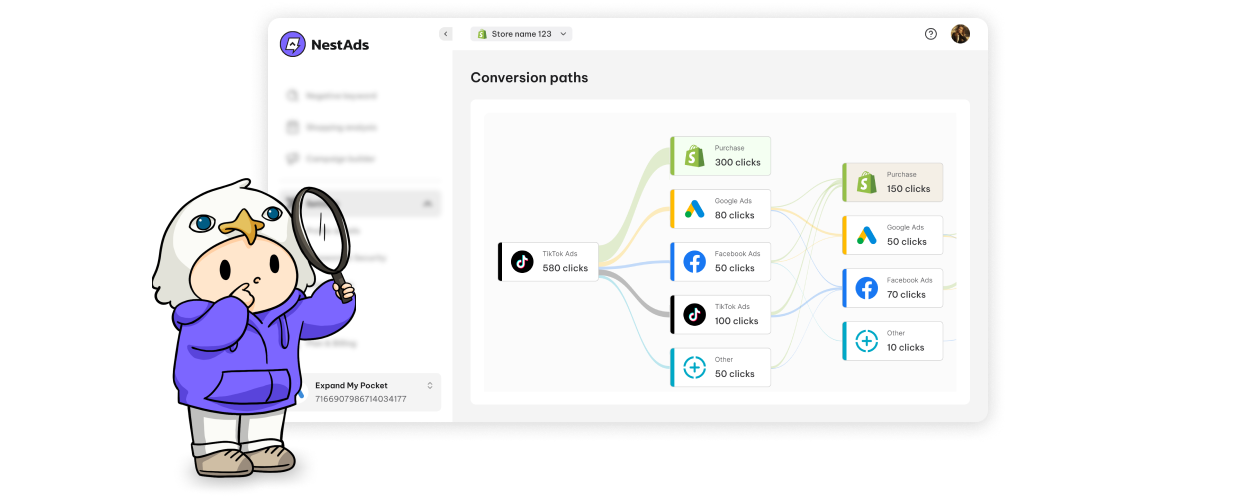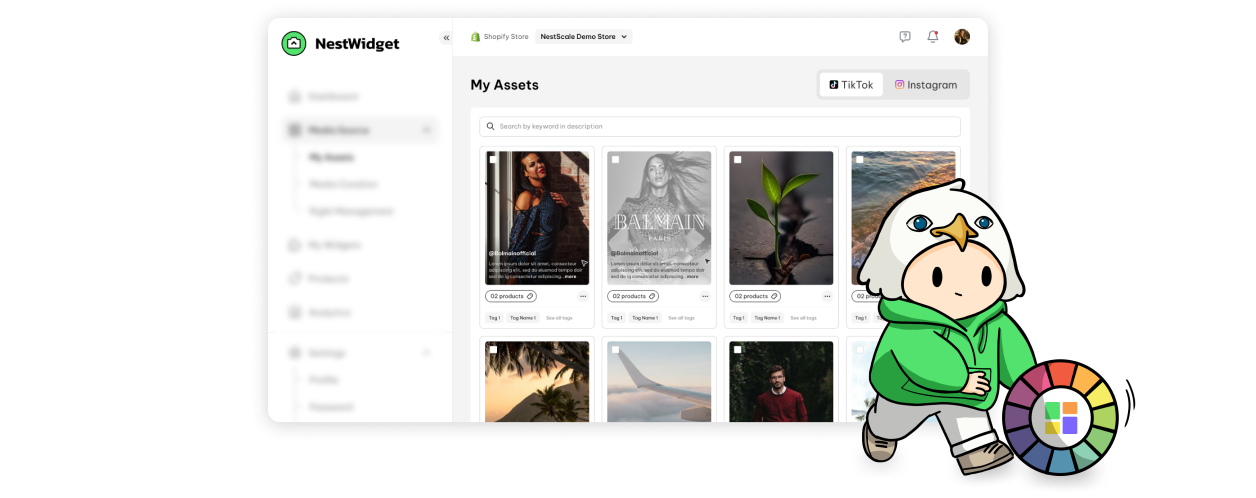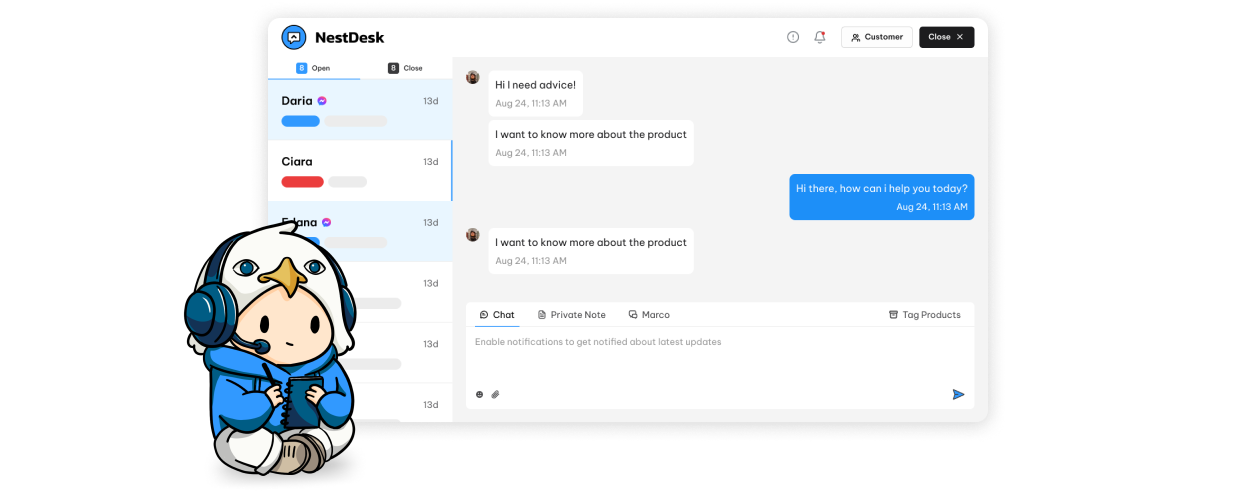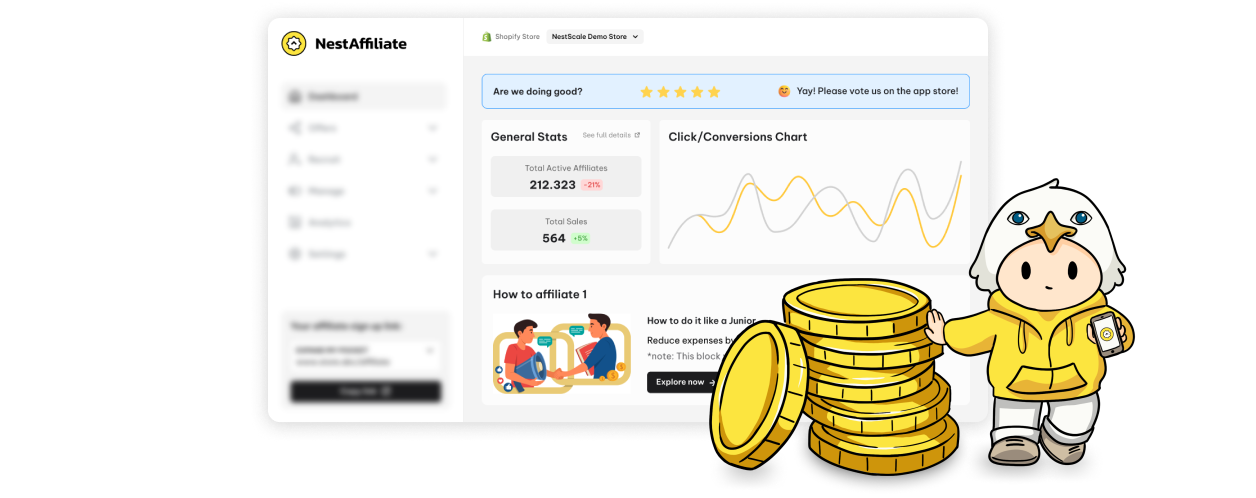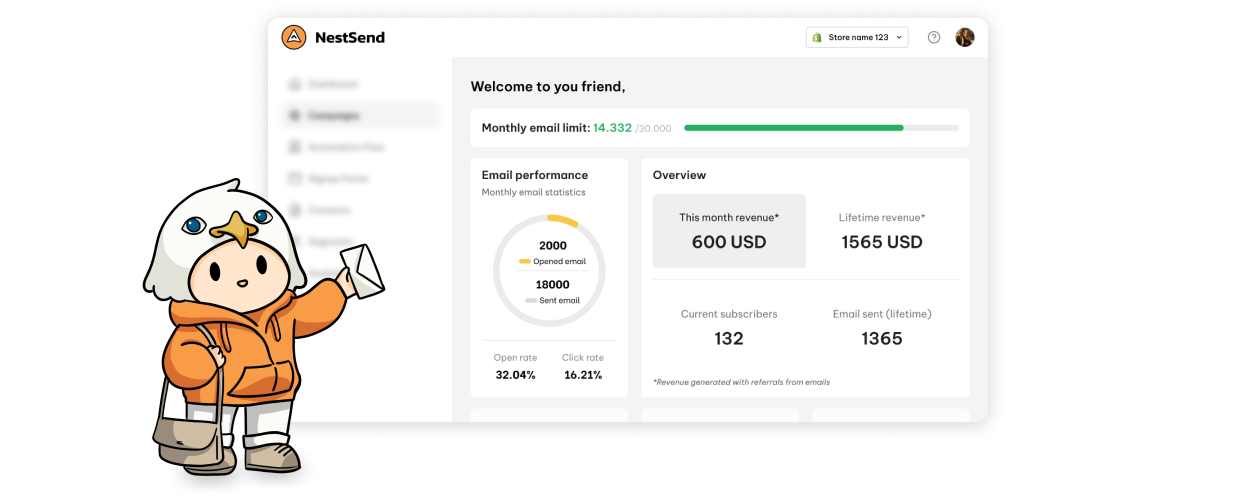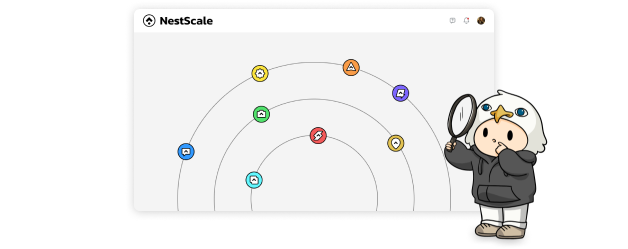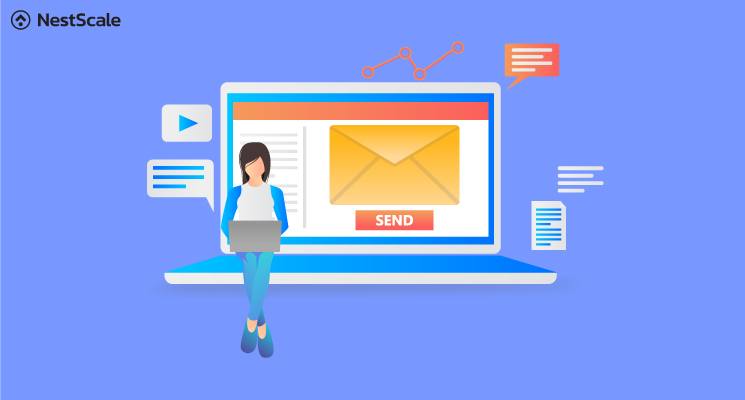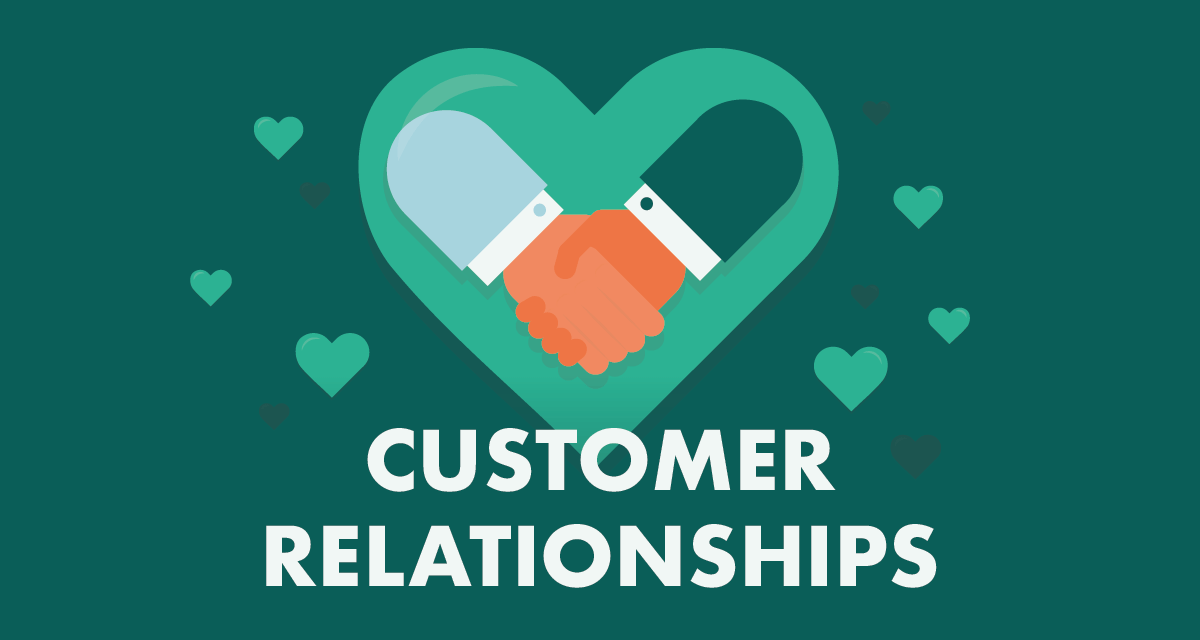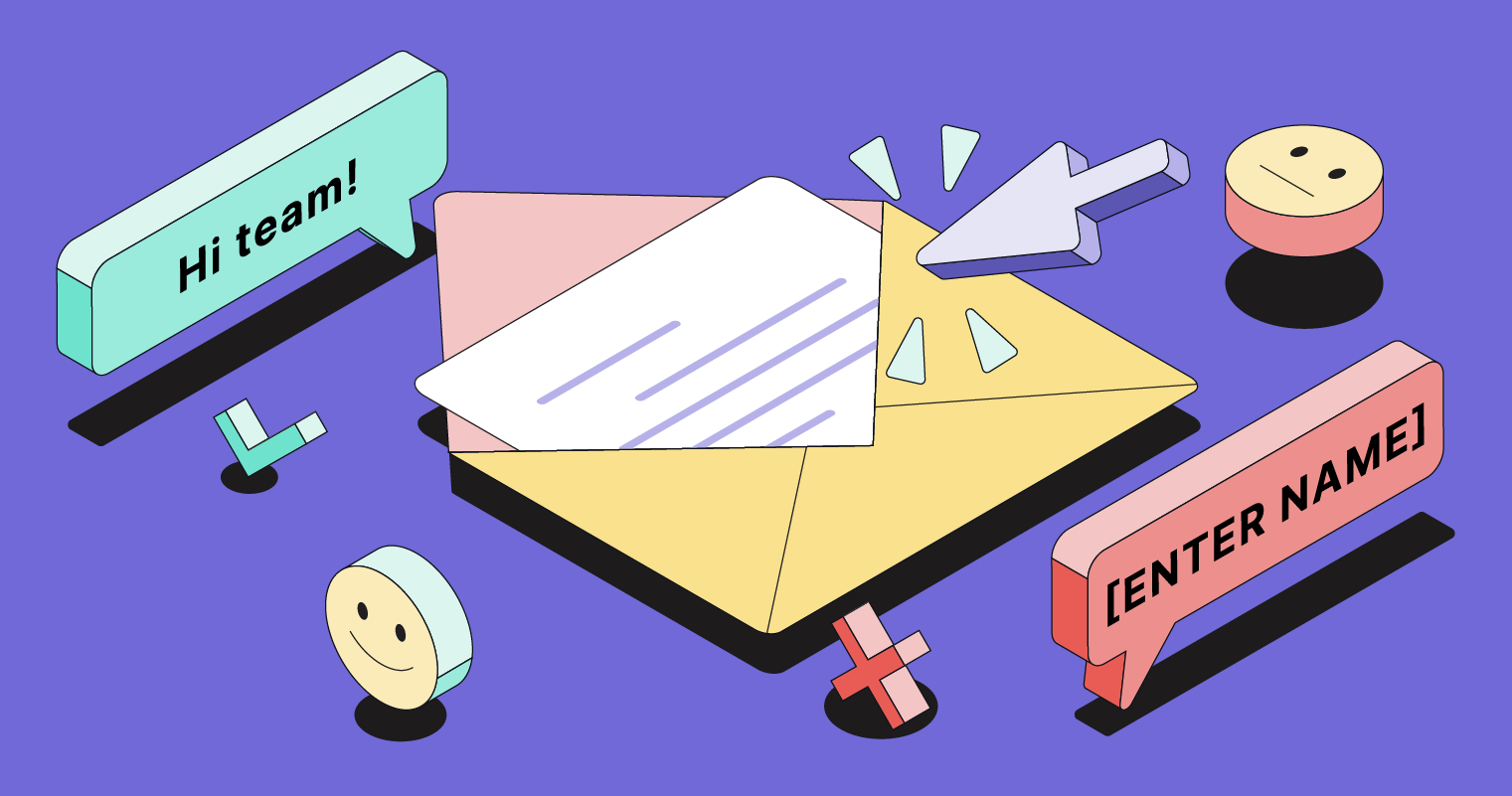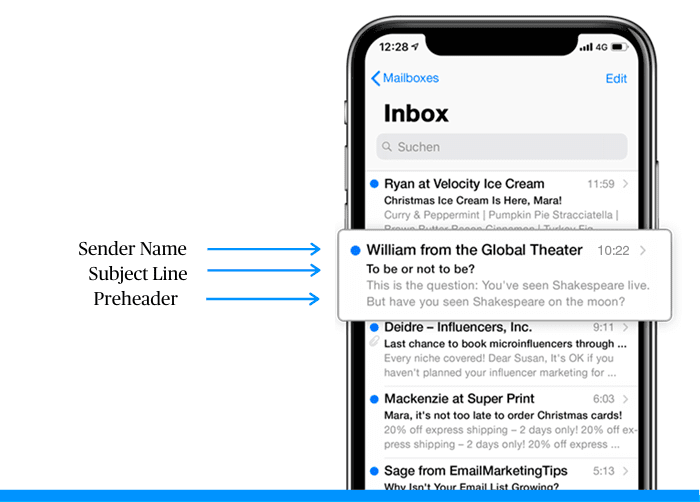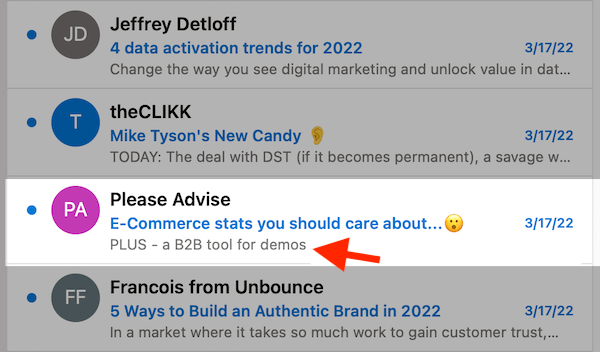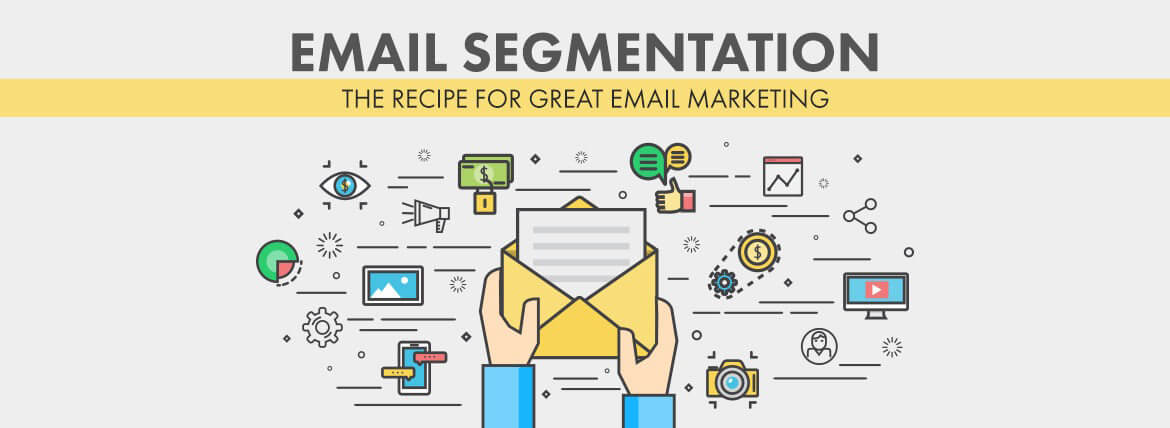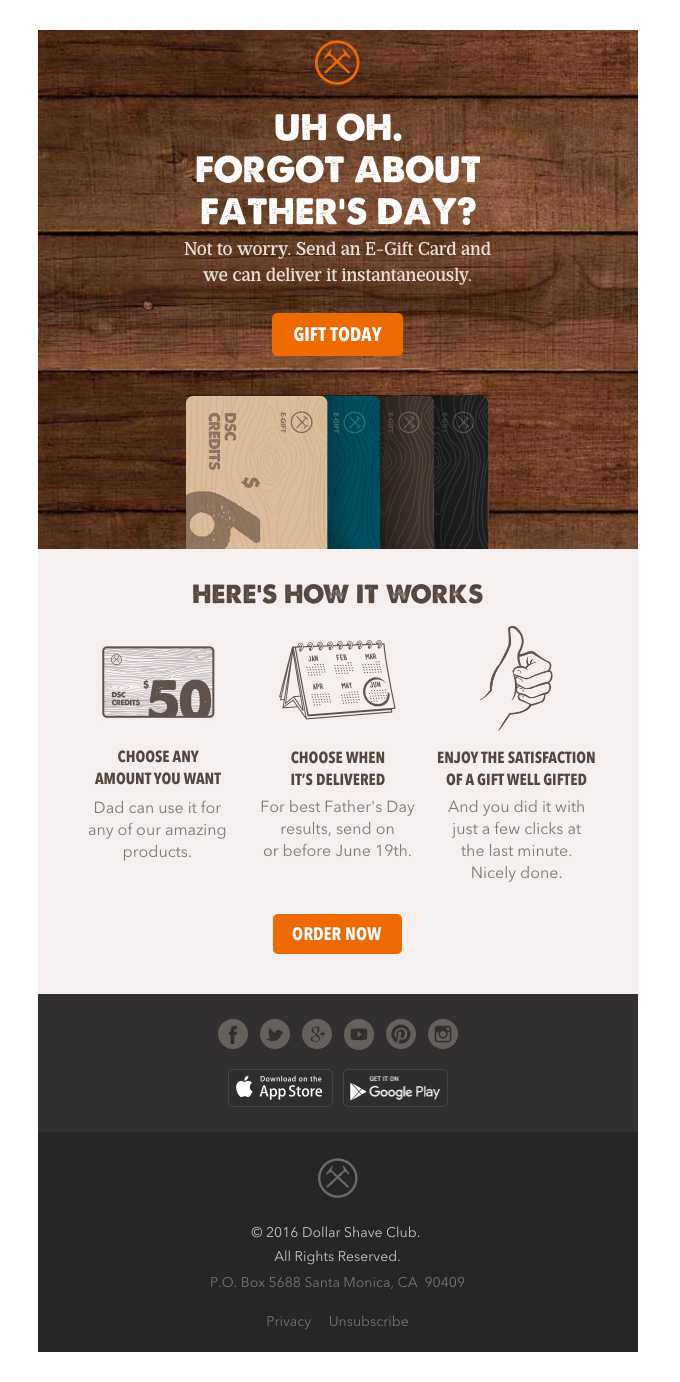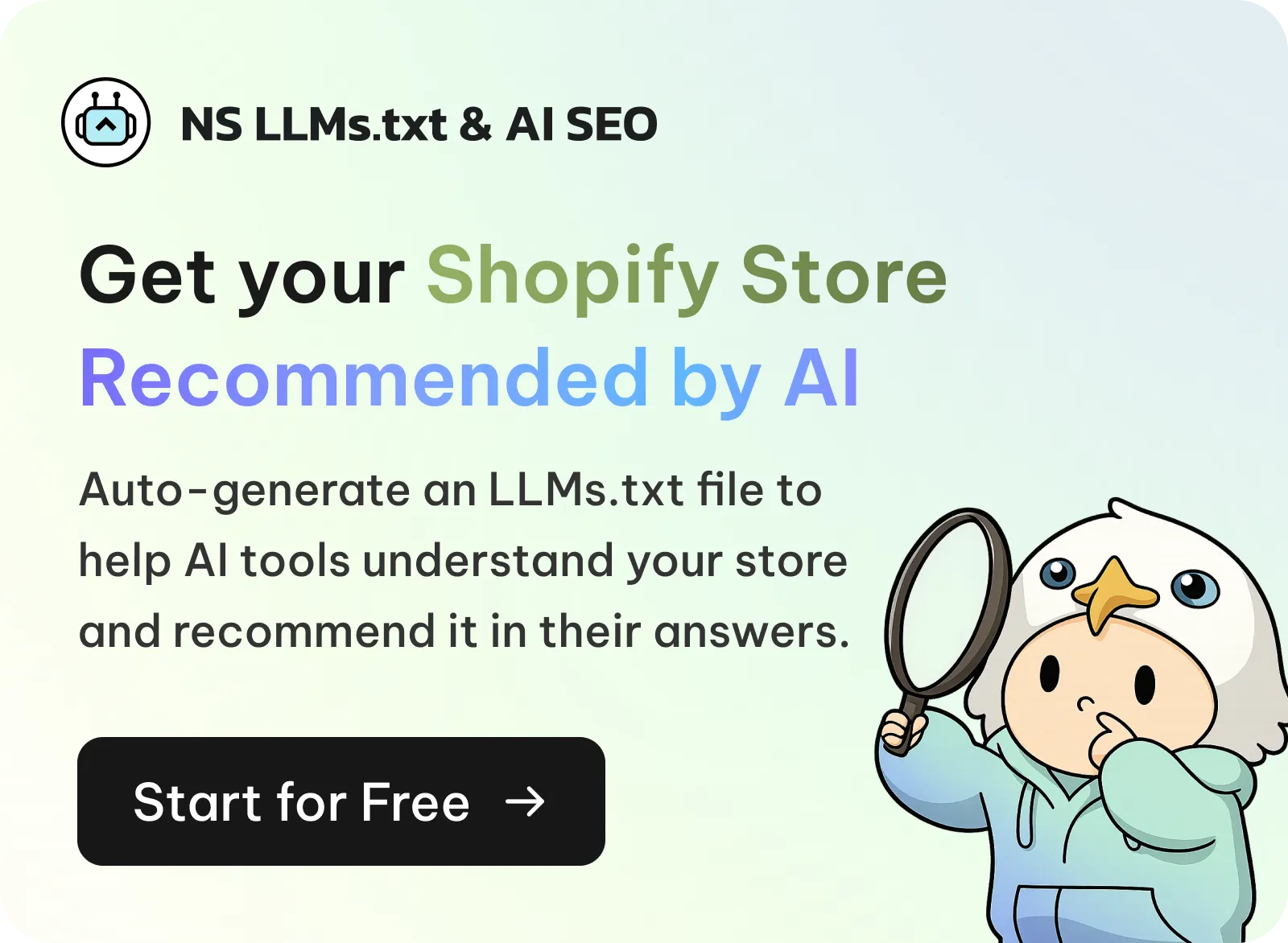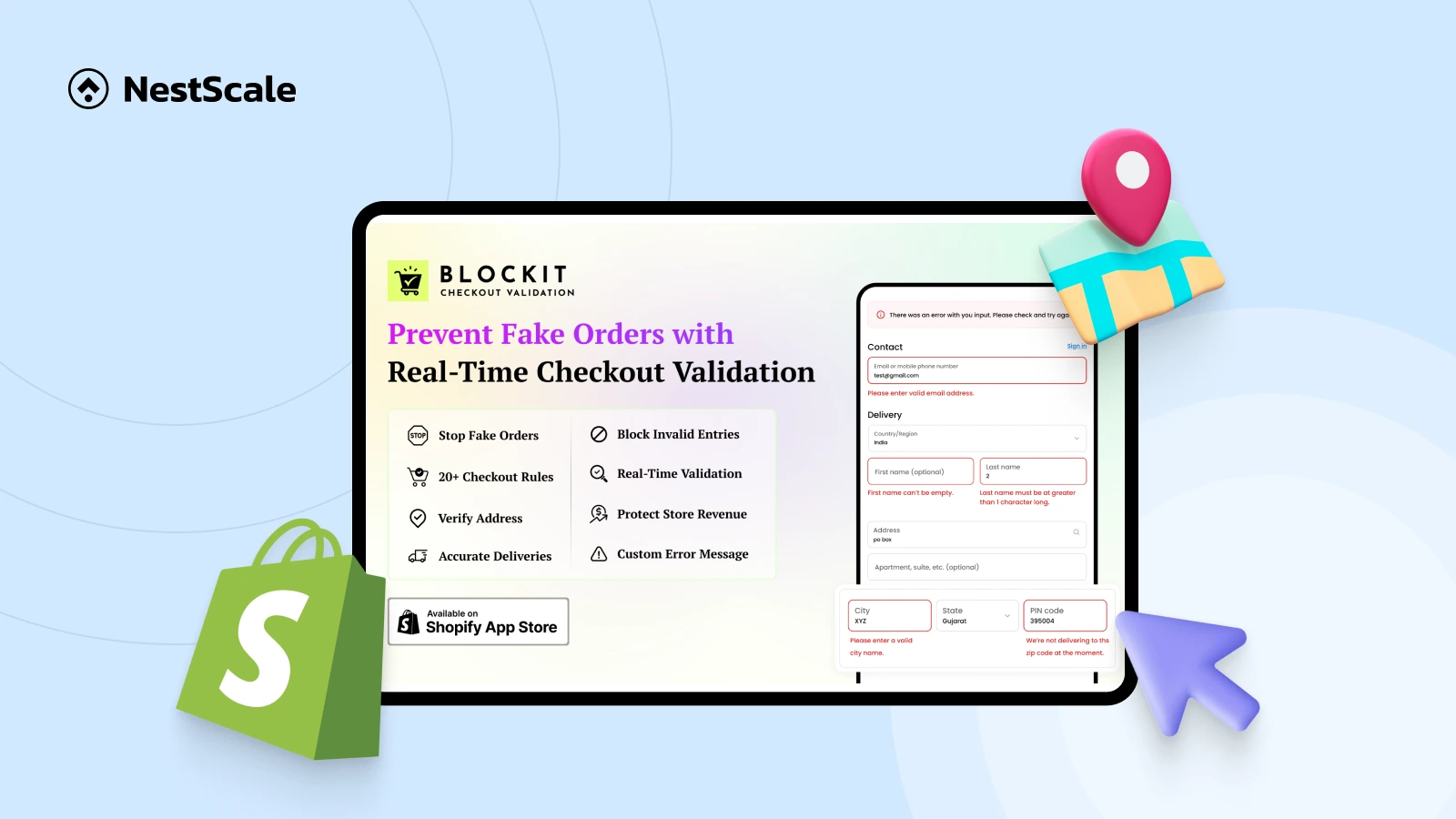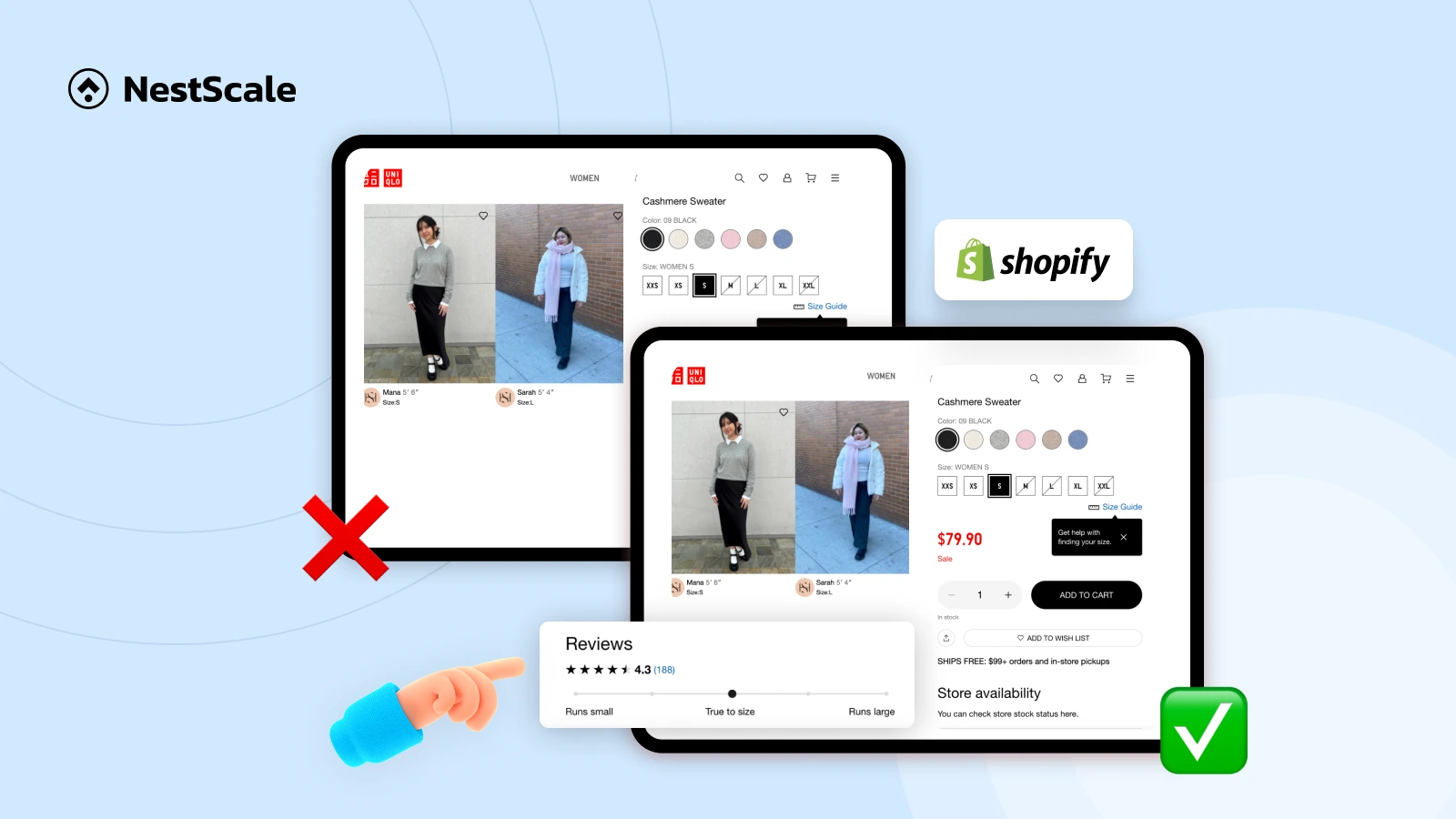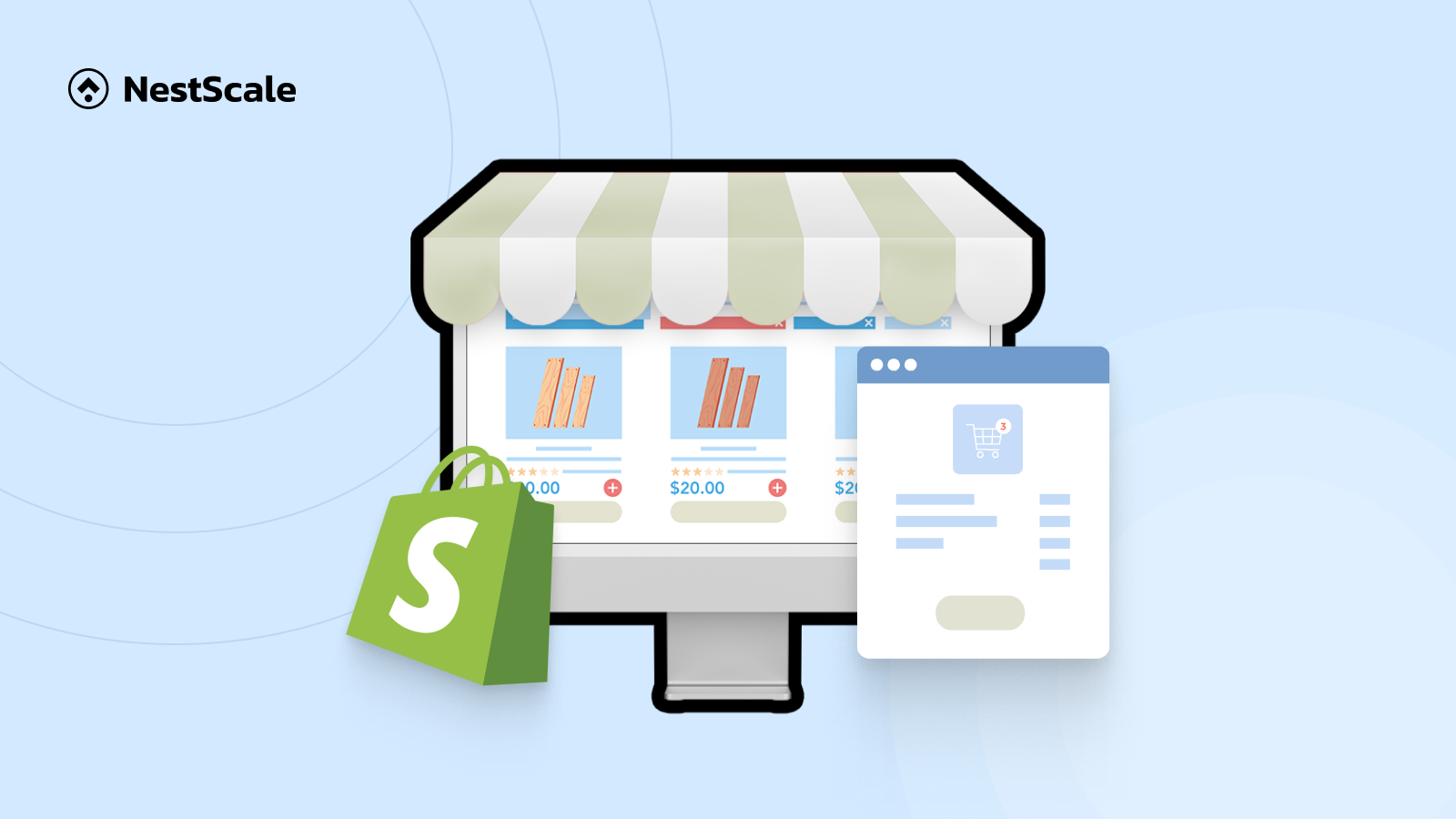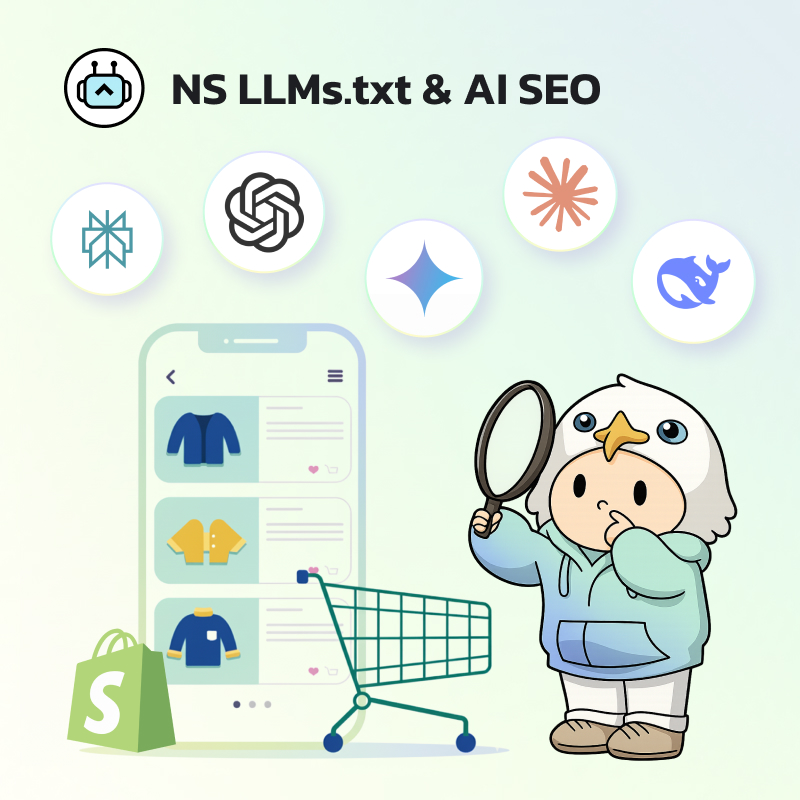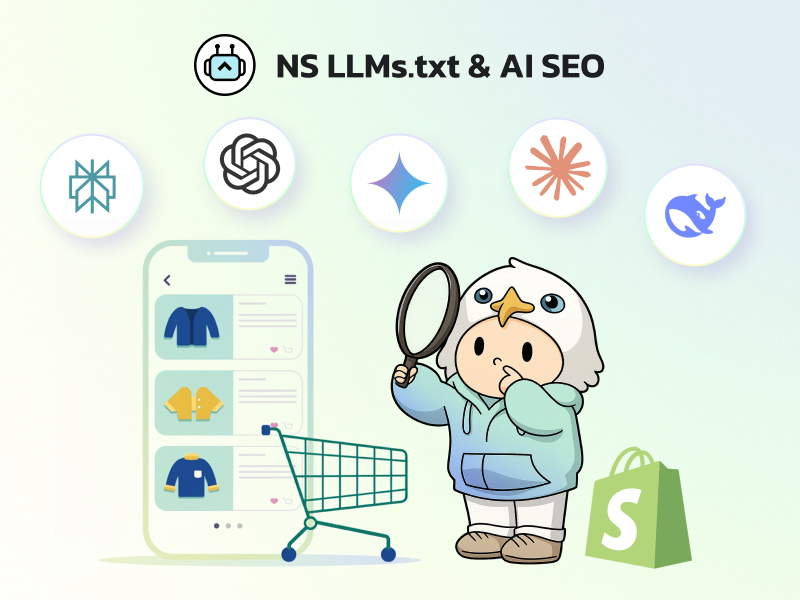Email marketing is one of the most established strategies for advertising. However, due to its age, many businesses are hesitant to deploy it. But did you know that email marketing may generate a return on investment of up to 4200 percent? In fact, email is still one of the most effective strategies for your company. So how to send an email copy that sells? This blog is all you need!
What is an email copy?
Email copy refers to pre-written text created for a specific marketing or sales objective. For instance, it could be an email designed to promote a product or service, announce an event or sale, or encourage subscribers to take a desired action to convert.
The purpose of email copy is to persuade or influence the reader to take action, whether that be making a purchase, signing up for a newsletter, or attending an event.
Why is email copy important?
Email copy is significant because it influences whether or not the recipient takes the desired action. Also, those who make purchases by email spend 138% more money than those who don’t. Here are some reasons why email copy is crucial to your business.
Building relationships with customers
Email copy is the main way that businesses and individuals communicate with each other online. Email is a direct form of communication that allows you to communicate with many people at once, making it an effective tool for marketing and customer engagement.
A well-crafted email can be used to introduce your brand, provide valuable information, and build trust with your readers. By creating engaging and informative email copy, you can increase the likelihood that your readers will open future emails and become loyal customers.
Boosting the brand’s reputation
Email copy can strengthen a brand’s image by using language that aligns with the brand’s tone and highlighting the company’s values. Therefore, the brand’s message will be consistent across all channels and touchpoints.
Driving conversions
Email copy can also help to increase conversion rates. Firstly, email copy includes a strong and compelling call-to-action (CTA), and CTAs give readers a clear direction, eliminating any confusion or uncertainty about what action to take.
In addition, email copy allows businesses to communicate directly with their customers and provide them with targeted messages. By creating a persuasive email that highlights the unique features or benefits of your products, businesses can engage and encourage customers to take action.
Why do your customers not open your email?
Although email marketing is beneficial, many businesses may not be able to effectively reach their audience due to the overwhelming amount of emails the average user receives daily. Consequently, their messages might get lost in the flood of other emails. Here are 3 reasons why your email copy may be dismissed:
Wrong timing
If an email arrives in a recipient’s inbox when they are asleep, they might not notice it until much later, if at all. Similarly, if an email arrives during a busy period when the recipient is swamped with work, they may not have the time or inclination to read it.
On the other hand, if the email arrives at a time when the recipient is free and actively checking their inbox, they are more likely to open and engage with the content. This can increase the open rate and ultimately lead to a higher conversion rate.
Boring subject line
A recipient’s decision to open an email is made based on the subject line, which is the first thing they see. A boring subject line may not capture the recipient’s attention and make them less likely to open the email.
Failure to segment
Your clients have a variety of interests, fall into various demographic categories, and have various motivations for purchasing your goods. To encourage users to click on an email rather than the delete or spam-reporting button, these differences must be taken into consideration.
How to create an email copy that converts?
Write an attention-grabbing subject line
Fact: About one-third of people decide whether to open an email based on its subject line!
The subject line is one of the most crucial parts of your email. Regardless of how useful your email content may be, the subject line is the component that determines whether the reader will click to open and read the body of your email, as it is the first thing that grasps the recipients’ attention.
Some tips to make your subject line stands out:
- Keep it short and sweet: Try to keep your headline concise and to the point. Avoid long and complex sentences that might confuse the readers
- Personalize it: Address the reader directly using their name or other personal information to make them feel more connected to the content.
- Use action-oriented language: Use verbs that encourage the reader to take action, such as “Get,” “Discover,” or “Join.”
- Create urgency: Use language that creates a sense of urgency and prompts the reader to take action immediately.
Some suggestions for your subject lines:
Remember the key is to grab the reader’s attention and make them interested in opening and reading your email!
- “Limited Time Offer: Save 50% on Our Best-Selling Products!”
- “Get 10% off Your Next Purchase When You Sign Up Today!”
- “Don’t Miss Out! Register Now for Our Exclusive Webinar”
Know your audience
Research shows that segmented emails can result in a 50% increase in click-through rates compared to non-segmented ones because your business can tailor the messages to specific groups of people with different interests.
You can divide your subscribers into groups based on:
- Demographics (Age, Gender, Income, Education, Race, Marital status, etc.)
- Interests
- Behaviors
- Sources of lead (such as social media platforms, email marketing, advertising, etc.)
For example, you can send product recommendations to subscribers who have previously purchased from your store, offer special promotions to your VIP customers, or send educational content to subscribers who have shown interest in a particular topic.
Write what your customers need and want by asking the following questions:
- Who is your target audience? What are their interests, pain points, and preferences? How can you tailor your message to resonate with them?
- What is the tone and style of your email? Should it be formal or informal, friendly or professional? How can you convey your brand’s personality and voice through your writing?
By providing your subscribers with valuable and targeted content, you can build stronger relationships with them and encourage them to engage more with your brand. This can result in more clicks on your emails, higher open and click-through rates, and ultimately, better ROI on your email marketing campaigns.
Write for skimmers
Customers nowadays are surrounded by boomed emails so they just skim through your emails. The better you can format your content for scanning, the more likely your customer is going to read your email, and give you sales conversions. If your email is cluttered and difficult to read, it’s more likely that the reader will skip over important details and miss the main message.
Some tips that make your email copy readable:
- Always ask: Can your reader understand your message in less than 5 seconds? (that’s all the time you could convince your reader to stay at your email longer )
- Keep your sentences short and straight to the points
- Bold and bullet your main points
- Break up the text for easy viewing
Personalize your email copy
Imagine that you are competing with around 121 emails from other brands in your potential customer’s inbox per day. Why would they bother with yours? A personalized email will help you solve this, as it makes your customers feel valued and special.
Personalizing your email copy can lead to higher open rates, click-through rates, and conversion rates. It shows that you understand and care about your audience, and are willing to go the extra mile to provide them with valuable content that meets their specific needs and interests.
To personalize your email:
- Use the recipient’s name
- Use “you”, “me” and “us”
- Use simple and clear language, as if you are talking directly to your potential customers
Use a transparent and persuasive Call-to-action (CTA)
Research shows that customers are more likely to respond actively when the text they read includes a higher number of verbs. As mentioned above, CTA provides a clear and specific direction for your readers to follow.
How can you get more action from your call to action?
Create urgency: Including a sense of urgency in your CTAs can increase click-through rates significantly. The element of urgency, also known as the FOMO principle, is said to be the most popular with millennials with more than 69% of them having experienced this psychological phenomenon. So this is a huge potential that businesses can exploit. Adding urgent words such as “now”, “today”, “discount”, “limited” (for example: “50% off today only”; “Shop now”; “Last chance to save”; “Limited time offer”).
Keep it short: a short CTA can be easier to understand and more likely to be remembered. Because of its length, a short CTA creates a sense of urgency, encouraging the reader to take action quickly before they lose the opportunity. Therefore, it keeps the reader’s attention focused on the desired action.
Make your button text large and attention-catching: Your CTA button should be large enough to draw attraction, but not overwhelming, for users often have a dislike for the excessively large text that comes across.
Ready to send an excellent email copy!
In conclusion, to write an email that sells, you need to know your customer clearly, have an attractive subject line, personalize your email, and have a compelling CTA.
However, writing an email copy that reaches the right customer, at the right time might be challenging. No worries, NestSend is here to help. We provide the email marketing solutions that you need. Let’s create an email copy that boosts sales today!





